Boiler turning on at random times
casaram
12 years ago
Related Stories
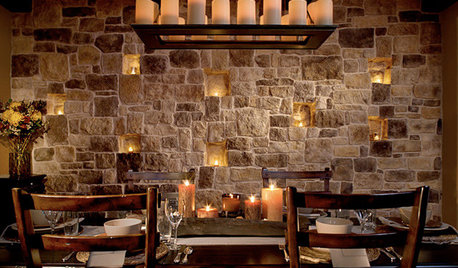
LIGHTINGTurn Up the Party Heat — the Sultry Decorating Secret
Give your home a warm and romantic vibe with candles at the entry, lined up along a wall, floating in martini glasses and more
Full Story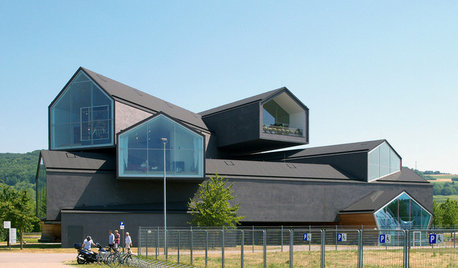
ARCHITECTUREThe Classic Gable Takes a New Turn
A common house shape has a decidedly uncommon use at Vitra's showroom in Germany. We step inside for a closer look
Full Story
TILE5 Head-Turning Tile Styles for Backsplashes and More
If plain subway tile would derail your bold decorating vision, these dashing tiles can help you arrive at a brilliant solution
Full Story
HOME TECHHouzz Tour: A Gin Distillery Turned Bachelor Pad
A renovation converts a dated North London apartment into a sleek, contemporary home for work, rest and play
Full Story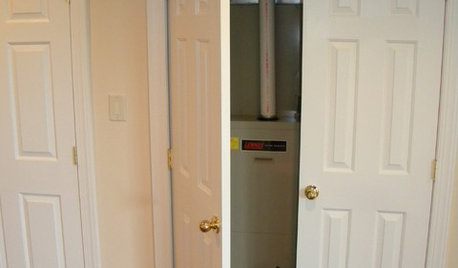
MOST POPULARA First-Time Buyer’s Guide to Home Maintenance
Take care of these tasks to avoid major home hassles, inefficiencies or unsightliness down the road
Full Story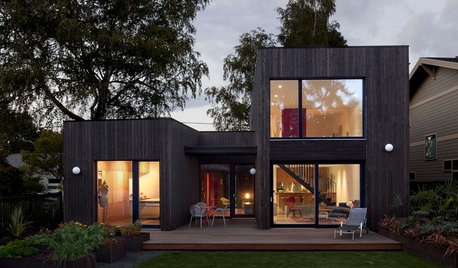
BASEMENTSDesign Workshop: Is It Time to Let Basements Become Extinct?
Costly and often unnecessary, basements may become obsolete — if they aren’t already. Here are responses to every reason to keep them around
Full Story
ARTShow News: Rare Quilts Get Museum Time
See 6 intricate designs from a California exhibition and get tips for building your own quilt collection
Full Story
DIY PROJECTSDIY Project: Knickknack Makeover
See How to Turn Random Clutter Into a Glossy New Vignette
Full Story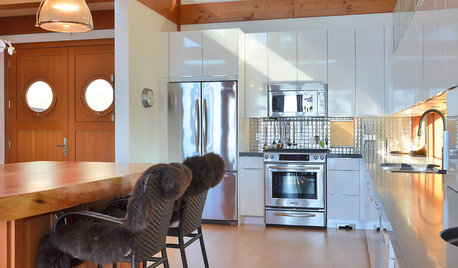
REMODELING GUIDES6 Must-Know Lessons From a Serial Renovator
Get your remodel right the first time, with this insight from an architect who's been there too many times to count
Full Story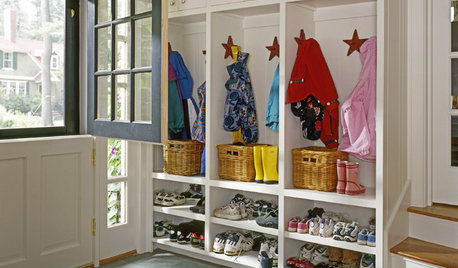
DECORATING GUIDES15 Home Ideas Fit for a Crowd
Spend less time corralling chaos and more time enjoying family togetherness with this advice from someone who's been there
Full StoryMore Discussions







ionized_gw
casaramOriginal Author
Related Professionals
Attleboro Solar Energy Systems · Dracut Solar Energy Systems · Greenville Solar Energy Systems · Madison Solar Energy Systems · Paradise Solar Energy Systems · Whitney Solar Energy Systems · Franklin Solar Energy Systems · Azalea Park Solar Energy Systems · Irvington Solar Energy Systems · Dallas Home Automation & Home Media · Orange County Home Automation & Home Media · Plantation Home Automation & Home Media · Saint Petersburg Home Automation & Home Media · Canton Fireplaces · Saint Charles FireplacescasaramOriginal Author
ionized_gw
casaramOriginal Author
ionized_gw